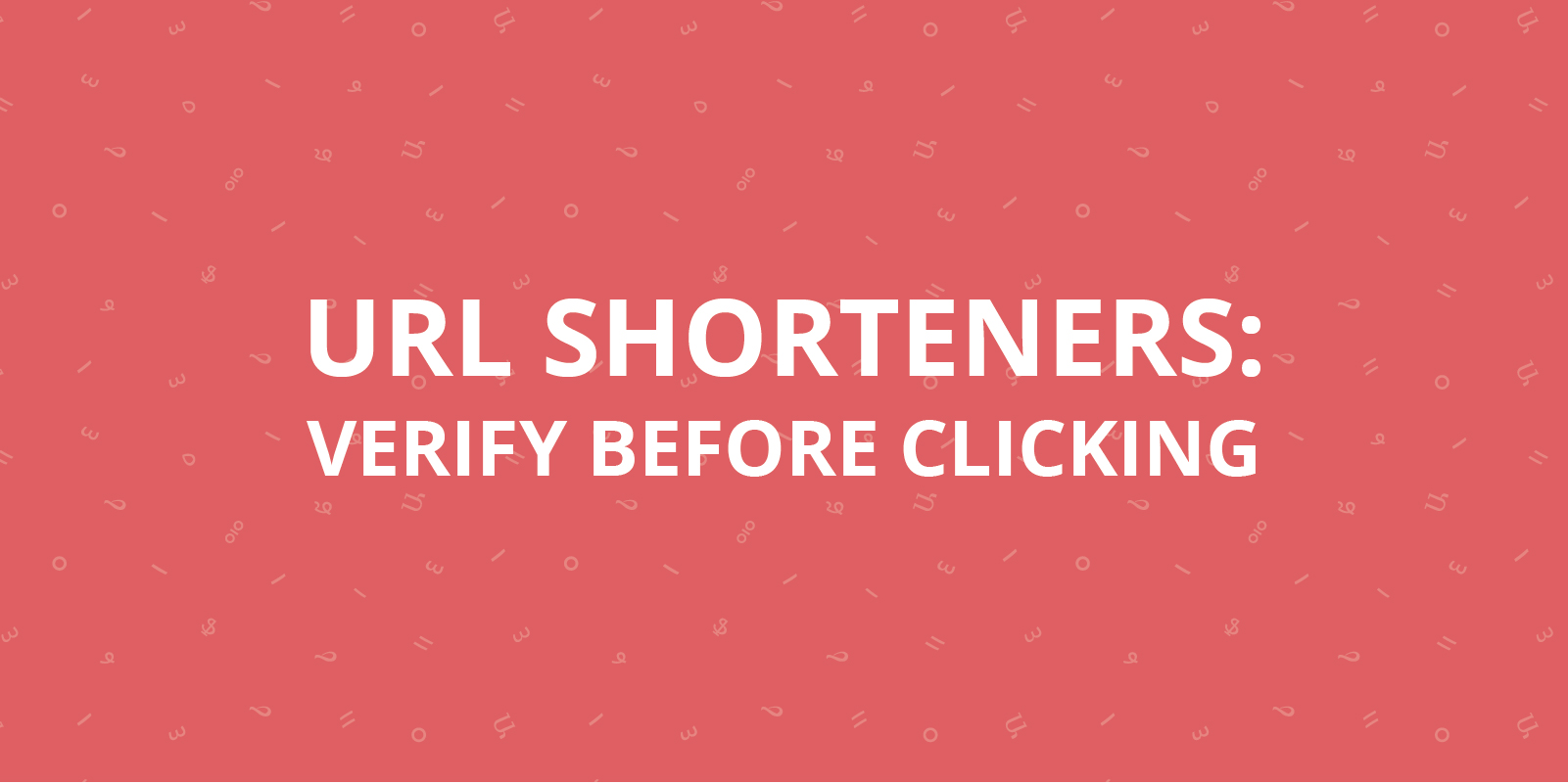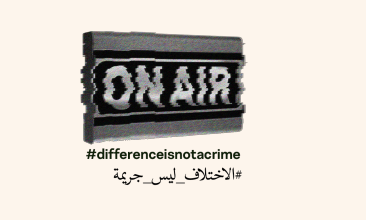Guest post by Zalfa Quino, digital security trainer
From Google docs to cat GIFs, from interesting blog posts to an attractive profile on a dating site, we all share links. It is becoming more and more common to share these resources by using shortened links that are supplied by URL shortening services (such as bit.ly).
What kind of internet user are you when it comes to clicking on links? Do you always click on any link? Sometimes? Do you first verify the sender of the link? Do you trust the sender, and trust that the link they shared is not harmful? All of these questions are very important, because deceptive links can be dangerous. They might lead you to phishing sites, download malware onto your computer, or upload your personal data without your knowledge or permission.
Basically, a shortened URL is a link with fewer characters than the original link, which redirects to the original, longer URL. These short URLs are widely used in business branding because they can be customized to a specific domain name, instead of the generic bit.ly links. There are some risks to randomly clicking on shortened links—or on any link for that matter—if you don’t trust the sender or the domain.
Many LGBTQI people utilize online dating sites and forums for a multitude of reasons, and it is on these sites where you need to be the most cautious. Dating sites or apps are vulnerable to malicious hackers trying to spread malware or law enforcement trying to entrap their targets. Whenever you receive a link from a profile on these sites, pause before clicking and consider the risks seriously. If you do not know and trust the sender, you shouldn’t be clicking on that link. If you do decide to click on the link, you can unshorten it first to verify the destination. You can use sites like unshorten.it to do this.
Although it may seem inconvenient to go through these extra steps, the risks connected to clicking on mysterious links are serious, because you can’t tell where the link is going to take you. Additionally, shortened links frequently pass through the spam filter systems, which makes it very hard for your browser to detect malware or phishing sites that would otherwise not make it into your inbox.
Finally, unless you absolutely trust the link you are clicking (whether it is a shortened link or not), you shouldn’t click through unless you are certain that the destination page is safe. Whether it is in a forum, or through a dating site message, or an email, it is worth the trouble to first verify both the sender and the destination before clicking on a link.
Zalfa Quino is a pseudonym of a Lebanese blogger, human rights activist, and digital security trainer.






